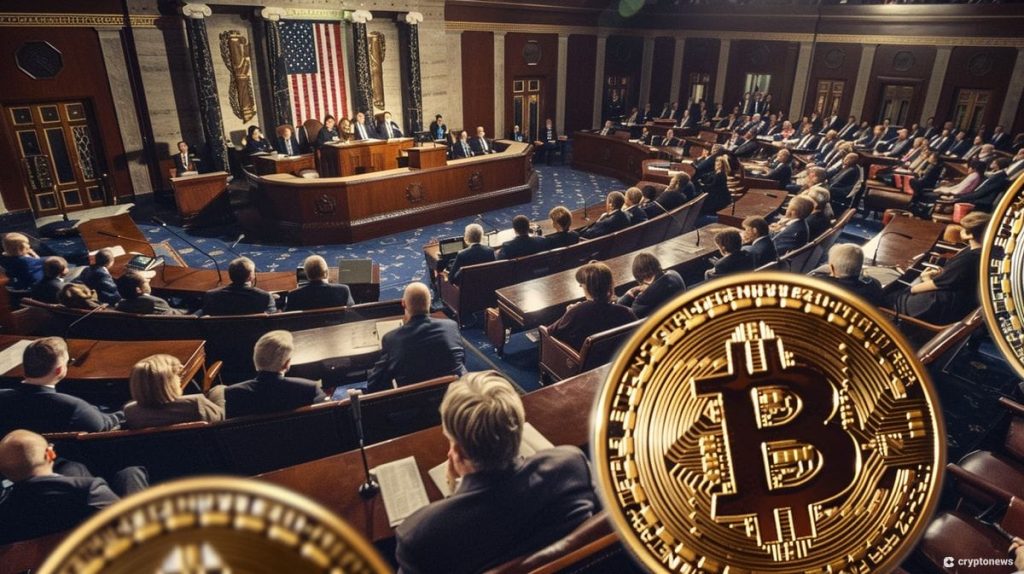Senator Tim Scott (R-SC) recently called cryptocurrencies a “scapegoat” for the federal government’s concerns about illicit finance during a crypto hearing held by the United States Senate Committee on Banking, Housing, and Urban Affairs. Deputy Secretary of the Department of the Treasury Adewale O. Adeyemo highlighted the need for additional tools to combat rising unlawful cryptocurrency use. He expressed the importance of being able to “reach extraterritorially” when digital assets harm U.S. interests. Most unlawful funding comes from sources beyond crypto, but digital assets have garnered significant attention in discussions about illicit financing.
During the hearing, Senator Scott questioned Adeyemo about the focus on digital assets rather than the broader landscape of illicit finance. Scott expressed concerns that conversations solely centred on digital assets were missing the bigger issue at hand. He suggested that digital assets had become a scapegoat for the administration, diverting attention away from other sources of unlawful funding. Blockchain trade association Chamber of Digital Commerce applauded Scott’s remarks, indicating that they could shape future digital regulations.
The discussion around how to effectively regulate cryptocurrencies has intensified in recent months, especially following the conflicting data surrounding crypto’s role in the October 7th Hamas attack on Israel. Senator Elizabeth Warren has been a vocal advocate for preventing crypto-related money laundering and introduced the Digital Asset Anti-Money Laundering Act (DAAMLA) in 2022. However, critics within the crypto industry argue that the bill could effectively ban crypto altogether. During the hearing, Warren reiterated the need for stronger anti-money laundering laws and highlighted crypto as a vehicle for moving illicit funds.
The debate surrounding illicit finance and cryptocurrencies has become a significant focus in legislative sessions, with key figures like Senator Warren pushing for stricter regulations. The U.S. presidential election adds an element of uncertainty to the government’s ability to advance any legislation on the matter in the near future. The efforts to address unlawful crypto funding remain ongoing, with conflicting perspectives on how best to regulate the industry. As discussions continue, it will be crucial to strike a balance between preventing illicit activities and fostering innovation in the digital asset space.


